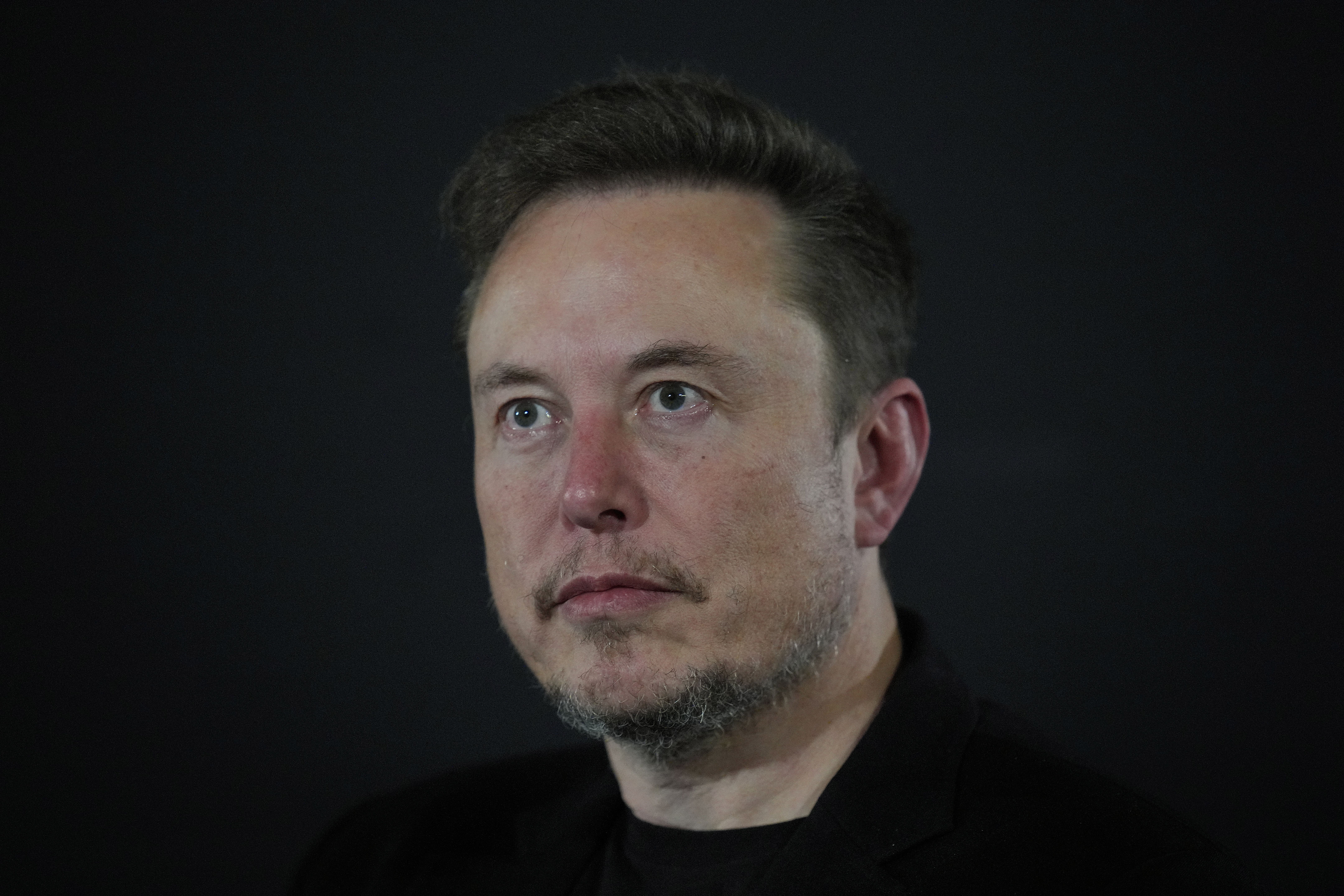Your support helps us to tell the story
From reproductive rights to climate change to Big Tech, The Independent is on the ground when the story is developing. Whether it's investigating the financials of Elon Musk's pro-Trump PAC or producing our latest documentary, 'The A Word', which shines a light on the American women fighting for reproductive rights, we know how important it is to parse out the facts from the messaging.
At such a critical moment in US history, we need reporters on the ground. Your donation allows us to keep sending journalists to speak to both sides of the story.
The Independent is trusted by Americans across the entire political spectrum. And unlike many other quality news outlets, we choose not to lock Americans out of our reporting and analysis with paywalls. We believe quality journalism should be available to everyone, paid for by those who can afford it.
Your support makes all the difference.If social media won’t change, we have to
The recent coverage in The Independent of the negative influence of social media on social cohesion in the UK is welcome, particularly with respect to Elon Musk’s operation.
It’s long been my opinion that such businesses have radicalisation as an almost inevitable outcome of their use, due to the nature of the way in which their algorithms curate users’ content. Mr Musk appears to not only recognise this fact, but is openly promoting it by boosting content from highly divisive figures and personally wading into discussion in a highly partisan way.
Since any regulation seems highly unlikely to make a difference, it is up to users and advertisers to change things by withdrawing their support. Your article on how to deactivate a Twitter/X account was useful in this respect!
Rick Curran
Address supplied
Labour is stopping the problem that the Tories started
Isn’t it amazing how certain Tories are so quick to complain about strike settlements and the appointment of Keir Starmer’s chief of staff?
Yet for two years, waiting lists rocketed and rail services suffered as a direct result of a government that couldn’t be bothered to negotiate.
After just five weeks in office, Labour has seen the strike issues almost resolved.
To the latter point, I remind everyone as soon as Boris Johnson became prime minister he appointed his own right-hand man, Dominic Cummings – who himself wasted no time in sacking a special adviser who worked for Phil Hammond, but also confiscating her security pass and having her frog-marched out of Downing Street.
So, when the Tories come moaning about Labour appointments, I’ve gone one simple message for them. Unlike the immature mob who broke lockdown rules and partied like there was no tomorrow, under Labour the adults are back in charge. I, for one, hope it stays that way.
Geoffrey Brooking
Havant
Who can we trust?
Can one trust a government which gives a 15 per cent pay rise to an already well-paid section of the workforce, bowing to union pressure, to deliver sound economic policies which will keep inflation in check for the nation and discourage complaints or demands from poorer sections in society?
I don’t think so.
Jonathan Longstaff
East Sussex
Don’t blame patients
I recently read David Barker’s letter to The Independent arguing that if patients refuse to take their medication for mental health issues then that should preclude them from claiming diminished responsibility.
But there are many reasons why patients may refuse to take their medication or accept help.
As in the Valdo Calocane case, some medication can have severe side effects and make patients feel worse. Moreover, many can’t afford or are unable to access the help they need.
So please do not put all the blame on patients. General practitioners and the NHS have a lot to answer for, in failing patients’ health and wellbeing, especially those with mental health issues.
How many people need to die before we improve support for those in need?
Janet Taylor
Address supplied
A rational argument where none can exist
David Barker suggests in his letter to The Independent that a patient who stops taking prescribed medication should be disqualified from claiming diminished responsibility for any subsequent illegal act. He is, I suggest, applying a rational argument where none can exist.
A person who is prescribed medication for severe mental illness may well reach a point where the medication is working and they feel better. The rational voice then tells them that, since they are now well, they no longer need that medication. Consequently, they then spiral back into their illness, where there is no rational voice telling them to seek help.
A decision not to take medication should not be held against such vulnerable patients. That said, I totally agree with him that we need to address the problems with mental health services.
Beryl Wall
London

Join our commenting forum
Join thought-provoking conversations, follow other Independent readers and see their replies
Comments